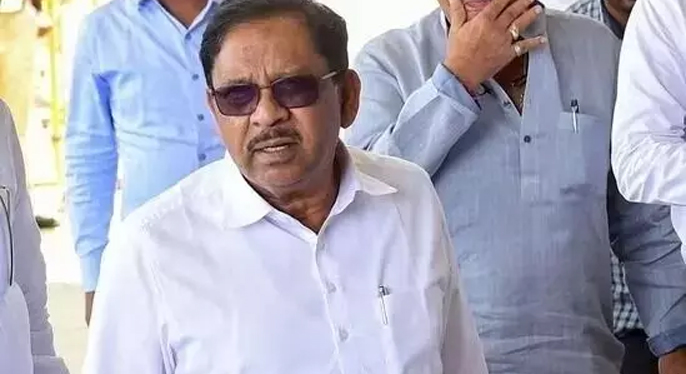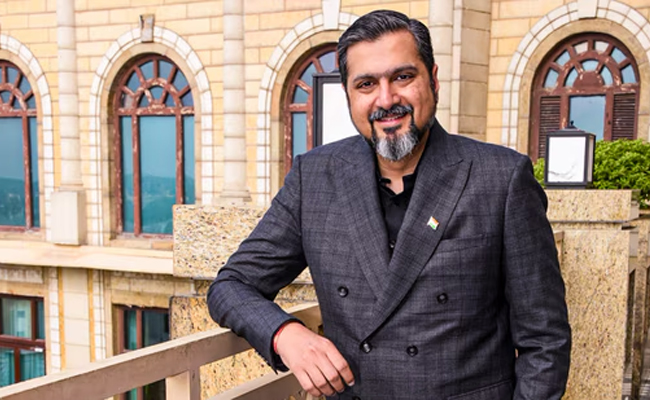Bengaluru, May 13: The Karnataka government on Thursday announced floating a global tender for procuring two crore COVID-19 vaccines owing to supply shortage.
Chief Minister B S Yediyurappa said a Task Force has been set up to oversee the preparation for a probable third wave of COVID-19.
"The state has placed a purchase order for three crore doses of vaccines, two crore doses of Covishield and one crore doses of Covaxin.
We are floating global tenders for an additional two crores," Yediyurappa told reporters here.
He was briefing them about the various measures initiated by his government to deal with the pandemic and improving the health infrastructure in the state.
On the occasion, he said the government was appointing Prof Kang as an adviser on vaccination strategy.
"She Prof Kang is a member of several advisory committees for the World Health Organisation (WHO), mainly related to research and the use of vaccines," he added.
According to Yediyurappa, so far 1.10 crore doses have been supplied by the Centre, of which 99.5 lakh are Covishield vaccines and 10.9 lakh are Covaxin.
He said that 14.87 lakh beneficiaries have completed 6 weeks after taking the first dose of Covishield vaccine and are eligible for second one, whereas 5.10 lakh beneficiaries have completed four weeks after taking the first dose of Covaxin.
Thus, a total of 19.97 lakh people are eligible for second dose as on today.
The state government had on Wednesday announced suspension of the vaccination drive for people between the age group of 18 and 44 years due to the shortage of vaccine.
It said the available stock will be utilised to vaccinate people who are due for second dose.
The Chief Minister also explained the various measures adopted since the outbreak of COVID in the state last year.
He claimed that the recent lockdown-like restrictions brought down the infections in the state from over 50,000 to less than 40,000 now.
To meet the increased oxygen requirement, the government decided to increase the supply of Liquid Medical Oxygen (LMO), massive scaling of localised generation capacity through oxygen generators and large scale procurement of concentrators and cylinders.
Let the Truth be known. If you read VB and like VB, please be a VB Supporter and Help us deliver the Truth to one and all.
Kolkata (PTI): Seven people were arrested from the Parnashree area in the southern part of the city for allegedly running a fake call centre, a police officer said on Saturday.
Acting on a tip-off, police raided a house on Netaji Subhas Road on Friday night and found the fake call centre operating from the ground floor, he said.
Preliminary investigation revealed that the accused had set up a bogus company using forged documents and posed as employees of an antivirus firm to call citizens in the US, the officer said.
"The callers would gain the trust of victims and then use remote access to take control of their phones or other digital devices. The accused allegedly siphoned off large sums of money, running into millions of dollars, from victims' accounts," he said.
Five laptops, two WiFi routers, six mobile phones and four headsets were seized from the accused, he said, adding that the seven are being questioned to ascertain the full extent of the racket and to identify others involved.





